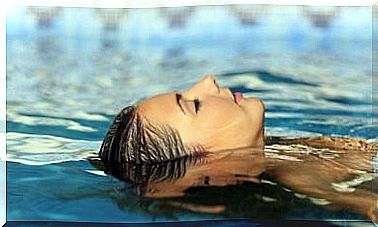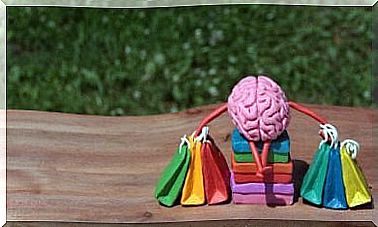Which Psychological Factors Improve Sports Performance?
Elite athletes claim that 90% of their success is due to mental training and mental ability. In the professional sports world, there are no huge differences between athletes in terms of their potential, the training they receive or their physical ability. The decisive elements for their sports performance are therefore psychological in nature.
Over the years we have seen an increase in interest in psychology within the sports world. This increased interest resulted in the following question among psychology and sports experts: “What psychological variables determine sports performance?”
It is clear that mental factors influence sports performance. This applies to both the elite within the sport and those who do this as a hobby. Today we have evidence to confirm this. People who practice a physical sport, whether they are professionals or amateurs, benefit from certain psychological tools. These handles can increase their power and improve their sports performance.
Which psychological factors improve sports performance?
We all know that regular exercise has a direct (positive) effect on our health. Studies also demonstrate again and again that physical activity is good for our mental health. It contributes to our attention span, our self-confidence and our ability to work together in a team.
The psychological factors that influence sports and exercise and exert the most influence on performance are: self-confidence, motivation, emotional control and concentration.
- Motivation. This is always important if you want to get better at something. It is especially important in sports. Think of athletes experiencing constant highs and lows, wins and losses. In their case, intrinsic motivation and love for their craft is what burns them forward after a poorly thrown ball, a bad time or a lower than expected score.
- power of concentration. Athletes must also possess a strong ability to concentrate. All their actions, even the most simple or intuitive ones, require concentration. A poorly executed move can end in loss or even injury. It can ruin months of preparation. That’s why an athlete who has received even mediocre training will rarely be distracted.
- Emotional control. Mental training that helps control your emotions and doubts can make the difference between victory and failure. When poor control over emotions affects the athlete’s performance, it is usually because his or her concentration suffers.
- Self confidence. Confidence in your own ability to complete something successfully is an essential part of the path to victory.

Mental techniques to improve sports performance
Being a professional athlete means being emotionally involved in your sport as well. Athletes must first look for their own weaknesses and strengths and then analyze them. Then they can use personalized techniques to improve their performance and boost their confidence. If these techniques are not adapted for each individual, they can actually work against you.
The techniques that athletes most often use to improve their sports performance are:
- Control their attention. This concerns both internal and external attention. Internal attention refers to the attention paid to what is happening in your own body (for example, thoughts, internal dialogue, feelings and movements). External attention is the attention that goes to things that happen outside your own body (eg sounds, people around you).
- Set goals. This helps athletes get a complete picture of the work ahead. This also allows them to keep in mind what they need to achieve in order to achieve their ultimate, ultimate goals.
- Instructions to self. These are basically messages or brief acknowledgments that we can pass on to ourselves to help us maintain our motivation and concentration. It is important to use rational, positive, logical and realistic affirmations.
- Relaxation. A relaxation technique is any method, procedure or activity that reduces physical and/or mental tension. It is meant to lower your stress and anxiety levels and give your head a rest.
- Mental representation. Mental representations are symbolic ways of imitating reality. Visualization — imagining something vividly — is an extremely powerful technique for this, intended for athletes and laymen alike.
The prize for good sports performance
Finally, it is important to remember that sport (especially at a high level) involves a lot of pain and other forms of suffering. It is not only the pain that the physical exertion evokes, but everything that follows indirectly.
Sport is therefore a capable teacher of perseverance. Many of the psychological techniques that athletes use can also be used in other highly competitive and demanding conditions.









